TRAIN YOUR BRAIN FOR YOUR GAME
As a result, sharp mental skills are essential for sporting success. We often tend to focus on an athlete's physical training and physiological needs, while his or her psychological needs are overlooked.
Skills, techniques,and rules all influence how a sport is played. However, in order to win the game, one must demonstrate grit and determination. As a result, sharp mental skills are essential for sporting success. We often tend to focus on an athlete's physical training and physiological needs, while his or her psychological needs are overlooked. In an attempt to spread awareness about mental health and wellness, we have introduced a weekly series with Maithili Bhuptani, Sport & Exercise Psychologist at Sir H.N. Reliance Hospital.
Every Thursday, Maithili would be covering various aspects of sport psychology across our social media channels. Some of the topics she will be covering are as follows:
- Curbing anxiety and discomfort
- Breathing techniques
- Developing sporting confidence
- Engaging in visualisation
In each of these areas, Maithili explains how to accomplish clear and specific goals in improving an athlete's mental health.
Maithili kicked off the series with the topic ‘curbing anxiety and discomfort’, a problem that affects people in general, not just athletes, in a variety of circumstances. Few signs of anxiety and discomfort are:
- Rapid breathing
- Increased heart rate
- Uneasiness in the gut
- Nausea
Maithili discussed methods for dealing with anxiety at various stages of an activity, sport, or event. Some of the methods to cope during each stage are as follows:
1. Curbing pre-game anxiety
- Recognise the feeling
- Prepare mentally and physically
- Engage in breathing techniques
- Visualise yourself performing well
2. Tackling anxiety during the game
- Focus on the task at hand
- Enhance your body language
3. After game analysis
- Review your performance
- Mimic a plan
Maithili builds on the above-mentioned points in the following segments of the series. The session focuses on various deep breathing techniques. Deep breathing exercises can help with the following issues:
- Reduces anxiety
- Helps in dealing with insomnia
- Enhances focus
- Decreases fatigue
- Manages anger and frustration
This can be used in different stages of a game as well as on a regular basis.
Maithili then emphasises the importance of developing athletic confidence. The following are a few things to consider when building one's sporting confidence:
- Recall your successful past performances
- Reflect on your training
- Improve your mental imagery
- Focus on your strengths and talent
These can then support an athlete in evolving professionally and personally to new heights.
Visualisation will also help to boost mental health. Visualisation entails engaging in imagining positive mental imagery.
- Think of a specific scenario
- Relax your body
- Engage in deep breathing
Start slowly and gradually develop your visualisation skills. This will keep you focused and increase your chances of getting results.
To learn more about sport-related psychological aspects and how to improve your mental capacity, watch out for our weekly ‘Thursday Therapy’ series on our social media channels. Stay tuned!
*Disclaimer: All the mentioned psychological recommendations are not customised for any individual and are presented without any type of health assessment or knowledge of any individual mental state and health conditions. This is for education purposes only. Individual requirements may vary, so please seek customised advice from a registered professional to suit your individual goals.

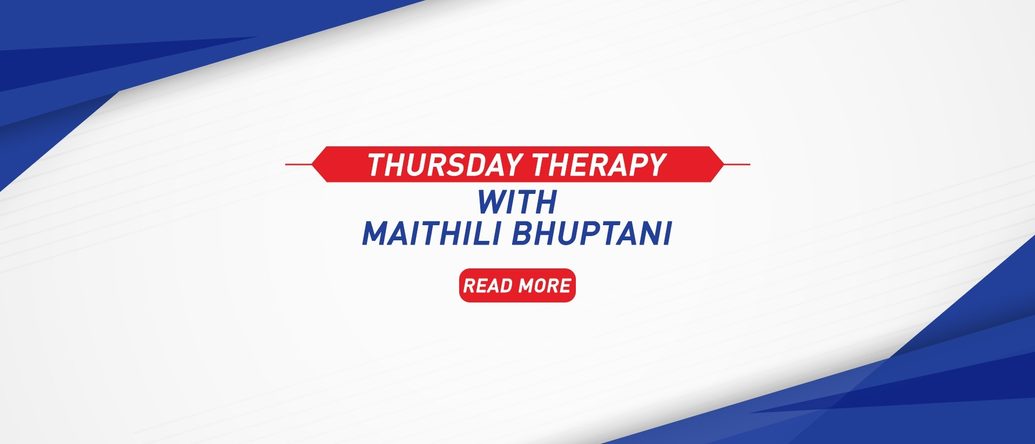
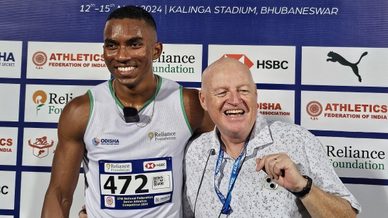
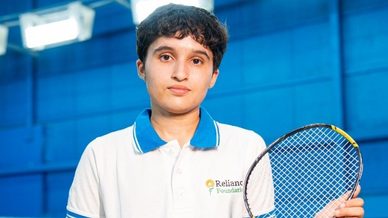


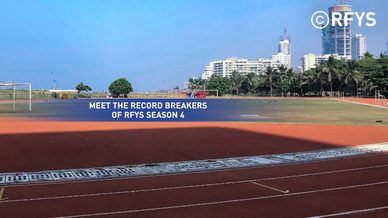

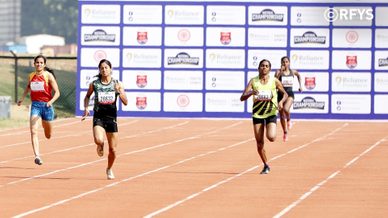
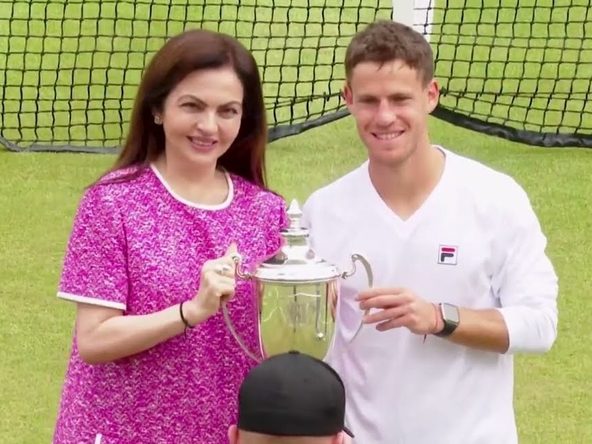


Your Comments